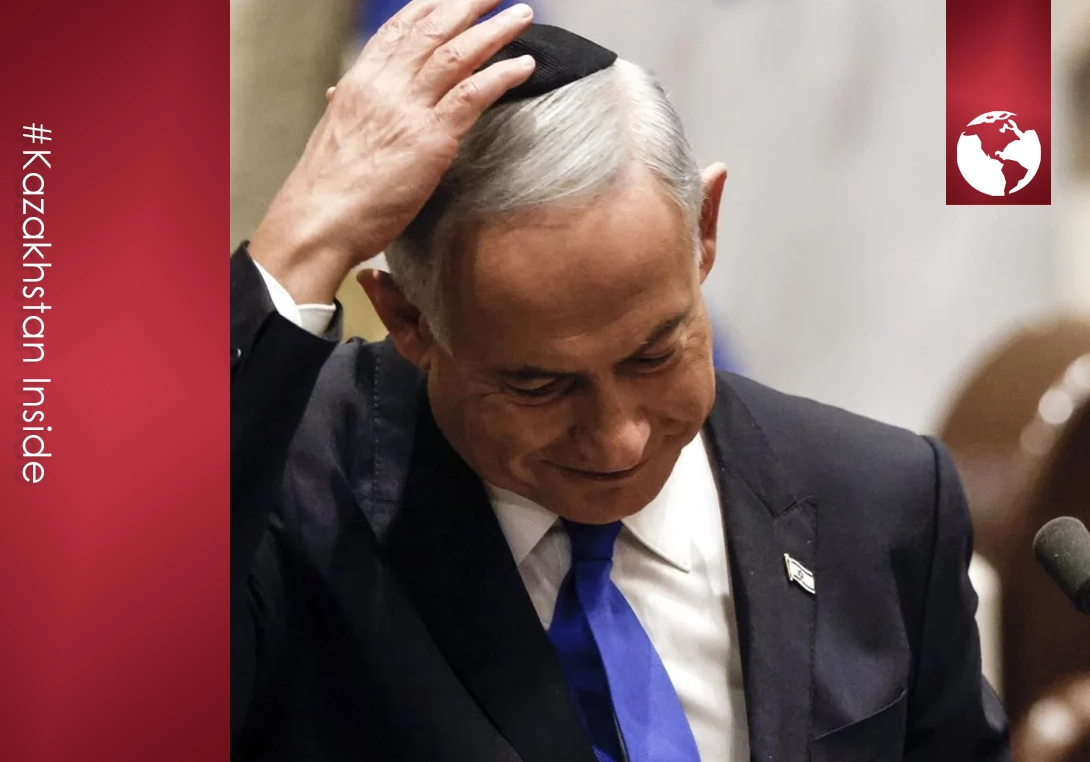The last time Israeli troops consistently ensured security within the Gaza Strip, Ariel Sharon was the Prime Minister of Israel, writes The Guardian.
Back to Past
Twenty-one Israeli settlements were scattered throughout the Gaza Strip and connected to Israel by a bypass road, which Israeli surfers used to reach the coast on weekends. Israeli soldiers occupied checkpoints and metal-clad towers.
At night, Palestinian children approached the towers under the cover of darkness and threw homemade bombs, which could be bought for a very small amount of money. In turn, armed groups in the Gaza Strip, including HAMAS, made attempts at serious attacks, including shootings and suicide bombings.
Now, Israeli Prime Minister Benjamin Netanyahu has proposed what many Israelis considered unthinkable (https://www.theguardian.com/world/2023/nov/07/netanyahu-israel-consider-tactical-pauses-gaza): returning security in Gaza to the control of the Israeli administration—a place with a population of 2.3 million people and already half-destroyed.
«Israel will be responsible for overall security for an indefinite period,» Netanyahu stated in an interview with ABC News, «because we have seen what happens when we don’t have it.»
What exactly Netanyahu means remains unclear. Indeed, his comments seem to contradict assessments in the U.S. and other countries, according to which Israel, which controlled Gaza in a military capacity from 1967 to 2005, planned to re-occupy Gaza in any way and would in any case meet resistance from Washington.
«Israel cannot retake control and responsibility for the Gaza Strip,» said U.S. Secretary of State Antony Blinken last week, adding that, in his opinion, «Israel has made it clear that it has neither the intention nor the desire to do so.»
Way Too Many “Ifs”
However, Netanyahu’s statements followed remarks by some other Israeli officials who suggested that Israel might need to maintain a military presence inside the Gaza Strip as a buffer to protect its civilian population.
While Netanyahu did not provide a clear idea of what exactly this might entail, reports in Jewish media offer a rough outline.
It is assumed that the Israel Defense Forces and the Shin Bet internal security service will control security measures in the hope that other countries, especially in the Arab world, will help finance humanitarian aid.
This arrangement will be in place until there is a sense that the Israeli communities neighboring the Gaza Strip are safe. All these proposals are burdened with significant «ifs.»
One of the serious issues is precisely how Israel will manage to separate any local security measures from the broader legal obligations that these arrangements will entail. When Israel withdrew its troops from Gaza in 2005, it declared that it had ended its military rule and occupation, while others, including the report of the independent international UN commission investigating the occupied Palestinian territory for 2022, stated that Gaza remains occupied by other means, including Israel’s control over the airspace, land border crossings, and governmental functions, such as maintaining the registry of the Palestinian population.
Under international humanitarian law, a prolonged presence of Israeli troops in Gaza would make the occupation of the coastal strip much more tangible and would impose clear responsibility on Israel as the occupying power, defined by its effective control over the territories it occupies.
The Fourth Geneva Convention, for example, states: «The Occupying Power has the duty of ensuring and maintaining, with the cooperation of national and local authorities, the medical and hospital establishments and services, public health and hygiene in the occupied territory, with particular reference to the adoption and application of the prophylactic and preventive measures necessary to combat the spread of contagious diseases and epidemics.»
And not everyone in Netanyahu’s cabinet is broadcasting the same message.
Dead-End Still There
For his part, Israeli Defense Minister Yoav Gallant apparently suggests the exact opposite regarding the future administration of Gaza: after hostilities in the Gaza Strip are concluded, Israel must cease its involvement in responsibility for life in the territory.
And the history of Sharon’s unilateral withdrawal from Gaza in 2005 serves as a lesson for today’s Israeli leaders. Like Netanyahu, Sharon was a right-wing Prime Minister, an ally of the settlers, and highly skeptical of the peace process.
He viewed disengagement primarily as a security measure rather than a step towards reviving the stalled peace process in the Middle East.
At its core was the idea that reducing Israel’s civilian and military presence in Gaza and elsewhere would lead to a decrease in the tensions that had become strikingly apparent during the Second Intifada. The calculations were that by leaving the Gaza Strip, it would be easier for Israel to pursue its settlement policy in the West Bank.
As a result of the disengagement, IDF facilities and troops were withdrawn, and more than 9,000 Israeli citizens living in 21 settlements were evicted amid protests, following the occupation of the Gaza Strip until 2005, which was costly both in terms of maintaining the Israeli military presence and in terms of losses among the personnel of the Israeli army.
Ironically, Netanyahu was among those who initially supported the disengagement as a cabinet minister and then resigned over the issue when it became more politically expedient, stating that he refused «to be a partner in a step that ignores reality, and blindly moves towards a turn in the Gaza Strip, will turn into a base of Islamic terrorism that will threaten the state.»
Over time, the idea that Israel should fully occupy the Gaza Strip has not disappeared due to the war and blockade, as Hamas became the ruler of the sector.
Right-wing politician Avigdor Lieberman, during his tenure as foreign minister, was one of those who advocated for the «full occupation of the Gaza Strip» in order to end the threat from Hamas.
And whatever Netanyahu’s views may be, he may find it easier to win the war against Hamas than to free Israel from responsibility for the daily life of Palestinians in the Gaza Strip. The formula is not one of security, but rather another chapter of violence.









